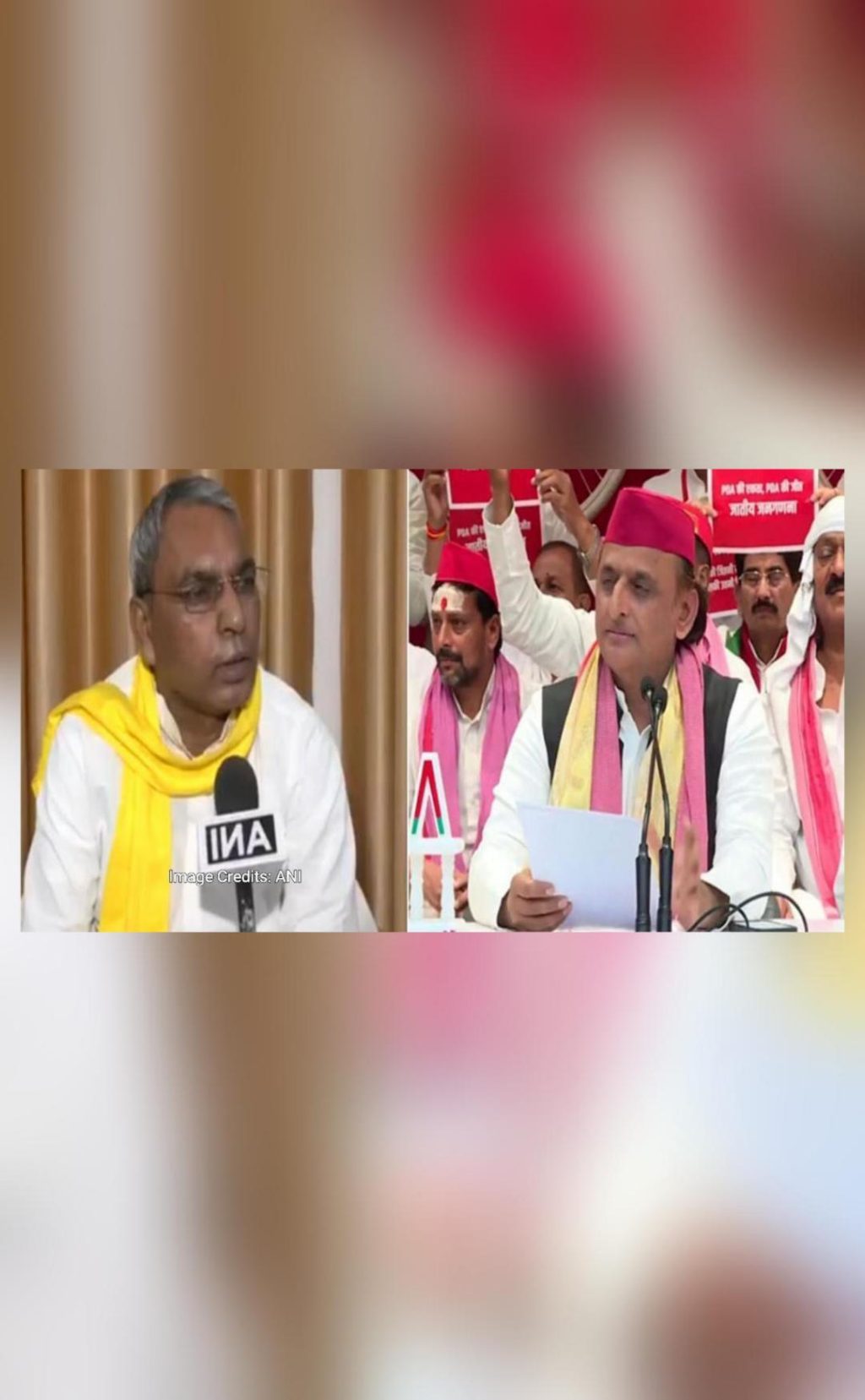
Akhilesh Showed Caste-Bias, Neglected PDA Community: OP Rajbhar
The recent controversy surrounding the recruitment of personnel in the Uttar Pradesh government has taken a new turn, with UP Minister Om Prakash Rajbhar accusing SP chief Akhilesh Yadav of engaging in caste-based favouritism during his tenure. Rajbhar, who is also the Chief of Suheldev Bhartiya Samaj Party (SBSP), claimed that Yadav neglected the PDA community, calling it a stark example of the leader’s “hypocrisy”.
In an interview, Rajbhar alleged that Yadav recruited people based on their caste, rather than their merit or qualifications. He stated, “He (Yadav) recruited people…based on caste…if he really believed in PDA- Picchde (backwards), Dalit, Alpsankhyak (minorities)…he would have recruited at least one from these communities.” This accusation has sparked a heated debate, with many calling for an investigation into the matter.
Akhilesh Yadav, the former Chief Minister of Uttar Pradesh, had been in power from 2012 to 2017. During his tenure, he implemented several initiatives aimed at uplifting the marginalized communities, including the PDA community. However, Rajbhar’s allegations suggest that Yadav may have fallen short of his promises, and instead, prioritized his own caste group.
The PDA community, also known as the Picchde or Backwards community, consists of people from lower-caste backgrounds who were previously considered “untouchables” in Indian society. Despite being a significant portion of the population, they have historically faced social and economic marginalization.
Rajbhar’s accusations have sparked a strong reaction from the PDA community, with many expressing their disappointment and frustration at being neglected by Yadav. “We were expecting more from Akhilesh Yadav, but it seems he only looked out for his own caste group,” said a member of the PDA community. “We are tired of being ignored and marginalized. It’s time for our voices to be heard.”
The controversy has also raised questions about the role of caste in Indian politics. While caste-based reservations have been implemented to promote social justice, many argue that they have also created a culture of caste-based favouritism. “Caste is still a major factor in Indian politics, and until we address this issue, we will continue to see these kinds of controversies,” said a political analyst.
The fallout from Rajbhar’s allegations has also put pressure on the Uttar Pradesh government to address the issue. “We will investigate the matter and take necessary action,” said a government spokesperson. “We are committed to promoting social justice and ensuring that all communities are represented equally.”
The controversy has also sparked a debate about the role of political leaders in promoting social justice. While many leaders claim to support marginalized communities, few have been able to deliver on their promises. “It’s easy to make promises, but it’s much harder to deliver on them,” said a civil society activist. “We need to hold our leaders accountable and ensure that they are working towards the betterment of all communities.”
In conclusion, the controversy surrounding Akhilesh Yadav’s alleged caste-based favouritism has raised important questions about the role of caste in Indian politics. While Yadav may have implemented initiatives aimed at uplifting marginalized communities, Rajbhar’s allegations suggest that he may have fallen short of his promises. The PDA community, like many others, deserves to be represented equally and have their voices heard. It’s time for political leaders to take action and promote social justice for all.






